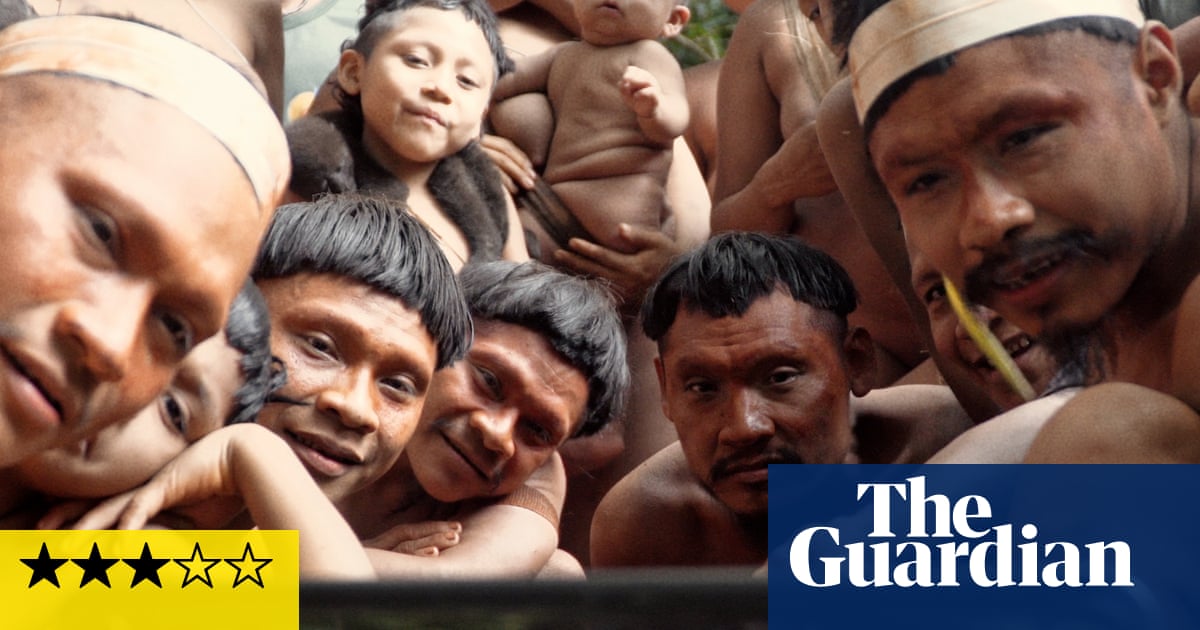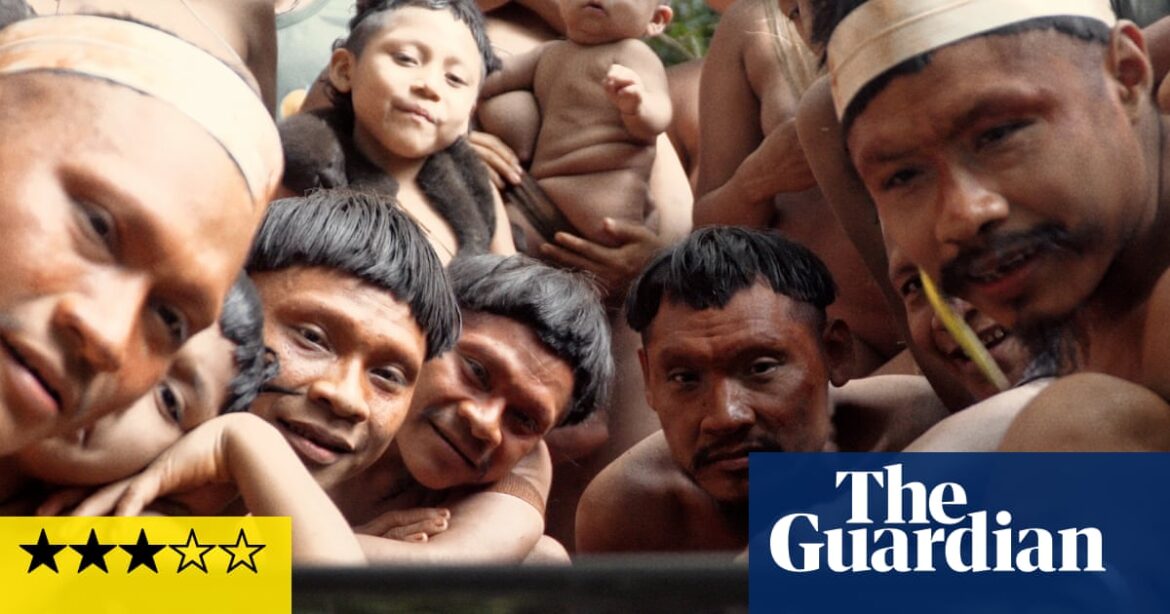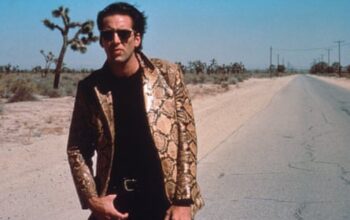
‘It doesn’t hurt to get your image,” says one man to another, nodding towards the camera. Both men are Korubo, an Indigenous tribe that lives deep in the Amazon rainforest. The man hesitant about being filmed has never seen a camera before. He belongs to an “uncontacted” group, who have lived completely isolated from the outside world – until now. This first contact is documented by film-maker Bruno Jorge in his fascinating, occasionally frustrating film – two-and-a-half hours of observation with no added frills. No interviews, no context, no explainers.
Jorge follows a 2019 expedition organised by Funai, Brazil’s agency for Indigenous people, which as a rule has a no-contact policy with isolated tribes. This expedition is necessary to immunise the uncontacted group of Korubo and to reunite them with family members who were separated during a conflict in 2015 with a neighbouring tribe. The moment of contact is extraordinary. Korubo guide Txitxopi, who is part of the expedition team, hasn’t seen his brother since the conflict. They hunch down chanting, stroking each other’s heads. Little boys stand around to watch, some of them with pet baby monkeys wrapped around their necks like scarves. I couldn’t take my eyes off it all.
Of course, the uncontacted Korubo are observing too. A group of women crowd around a Funai nurse and persuade her to take off her T-shirt (the Korubo go naked). “She is old. She could be our grandmother,” one of them marvels. The nurse can’t be older than 40.
What gives the film added poignancy is that the man leading the expedition, Funai’s Bruno Pereira, was murdered in June 2022 by illegal fishers, along with British journalist Dom Phillips. In fact not long after the documentary was filmed, Pereira was sacked from his job; his firing was widely seen as politically motivated, coming after far-right Jair Bolsonaro came to power on a mission to remove protections from Brazil’s Indigenous people. Aside from a few captions bookending the film, very little of this is explained. The lack of context is a little frustrating.
Source: theguardian.com



